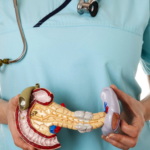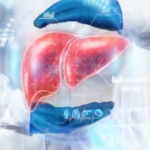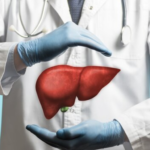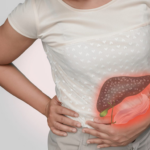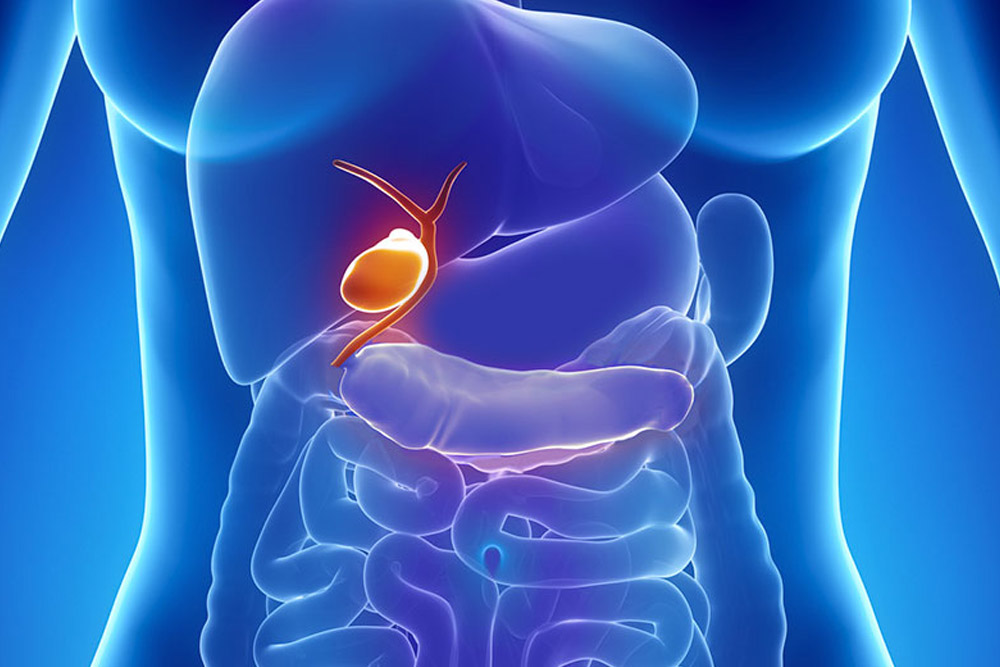
A biliary obstruction is a condition that develops when a duct carrying bile from the liver to the gallbladder or from the gallbladder to the small intestine becomes blocked. Bile is a fluid secreted by the liver that contains cholesterol, waste materials, and bile salts.
A biliary obstruction causes bile to accumulate in the liver, which causes the person to develop jaundice due to an increase in bilirubin levels in the blood.
What causes a biliary obstruction?
A biliary obstruction may have numerous causes, according to doctors. These consist of:
- Gallstones
- Tumors
- Trauma, such as an injury from a surgery
- Inflamed bile ducts
- Cysts
Having a biliary blockage is also more likely in people who have the following risk factors:
- Chronic pancreatitis
- Pancreatic cancer
- Bile duct cancer
- Recent surgery
- Trauma to the abdomen
- Infections in people with weakened immune systems
Symptoms of Biliary Obstruction
The symptoms of biliary obstruction are as follows:
- Pale stool
- Dark-colored urine
- Yellowing of the skin due to jaundice
- Itchiness
- Pain in the upper right portion of the stomach
- Fever
- Nausea and vomiting
When a doctor runs diagnostic testing to rule out a biliary obstruction, they’ll discover high levels of bilirubin and liver enzymes. To detect a biliary obstruction, a clinician may also run an abdominal ultrasound or CT scan.
How is a biliary blockage treated?
Surgery might be necessary to treat a biliary blockage. The gallbladder may need to be removed if gallstones are the reason for the biliary obstruction. Another method of treating a biliary obstruction is an endoscopy. If the biliary obstruction has resulted in an infection, a doctor may additionally recommend antibiotics.
A biliary blockage can cause a potentially fatal infection or chronic liver damage if left untreated. It is critical to get medical attention if you experience biliary infection symptoms.
Symptoms Quotes:
My skin began to turn yellow, and I became quite scratchy.
“I started to notice that my bowel motions were pale after surgery and that my urine was dark in hue.”
“I experienced upper right abdominal pain, followed by nauseousness and vomiting.”
Three Questions:
Will a biliary blockage naturally resolve?
A biliary blockage can cause a potentially fatal infection or chronic liver damage if left untreated. Therefore, seeking treatment is essential rather than waiting for the illness to become better on its own.
What medical procedure is used to treat biliary obstruction?
A physician can determine the appropriate course of action based on the reason for the biliary obstruction. Surgery, gallbladder removal, or taking antibiotics to treat an infection are all possible forms of treatment.
Why does the biliary system instruct?
Biliary blockage may be brought on by cysts, surgery-related damage, tumours, or gallstones, among other things. A biliary obstruction risk factor includes having a compromised immune system and having certain cancers.
